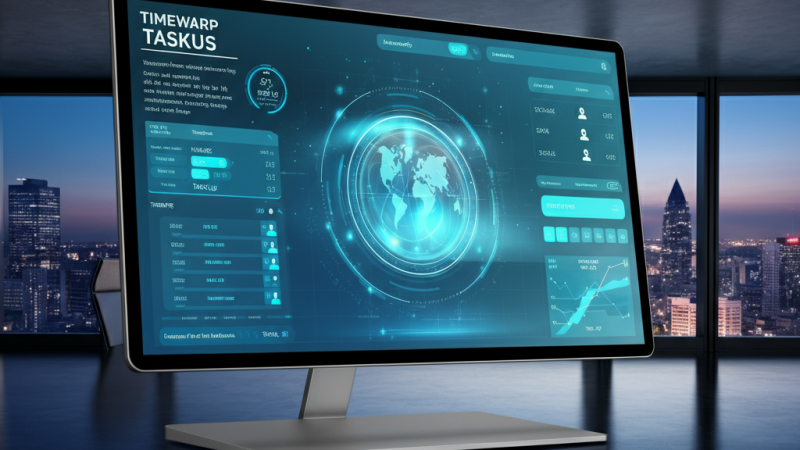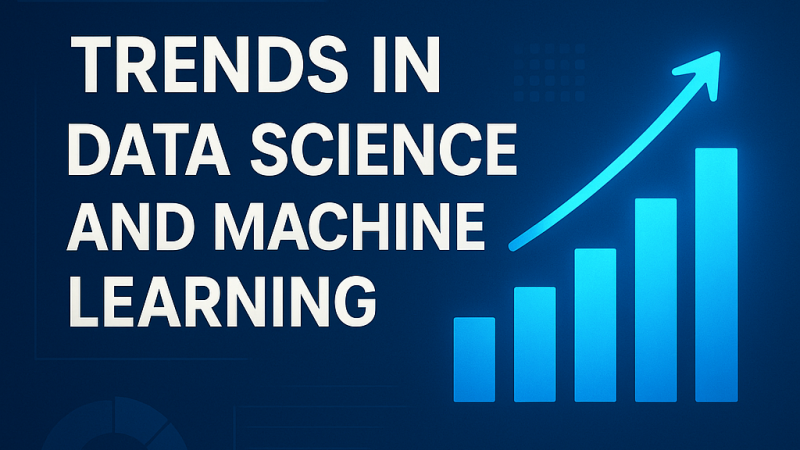How Technology Is Improving The Public Sector And Governments?

Governments around the world are leveraging new technologies to improve public services and streamline operations. From advanced analytics to cloud computing to blockchain, technology is enabling governments to better serve citizens and address key challenges. Continued progress and investment in government tech solutions will be crucial in the coming decades. Here are some of the key ways technology is transforming the public sector for the better.
Improving Efficiency With Automation And Ai
Tasks that were once tedious, time-consuming, or human-dependent can now be automated using AI and machine learning. Governments have an opportunity to harness these technologies at a massive scale to reduce costs and improve accuracy, all while freeing up employees to focus on more complex work.
Areas like benefits processing, permit applications, and information requests are being automated. AI also powers more sophisticated applications like predictive models that can identify fraud or allocate resources based on predicted areas of need. Technology makes these processes faster, more accurate, and available 24/7. Citizens benefit from faster responses and more efficient services. Governments benefit from increased productivity and data-driven insights.
Streamlining Operations With Cloud Computing
Many governments still rely on legacy IT systems to handle critical operations like tax processing, social benefits distribution, licenses and permits, and more. These outdated systems can be slow, prone to outages, and lack advanced functionality. They are also expensive to maintain and upgrade.
Transitioning to cloud-based services addresses these issues. The cloud provides on-demand access to computing services from anywhere with an internet connection. With the cloud, governments can deploy modern software solutions for local government that integrate data and services across agencies. The cloud also makes it easy to scale services up or down to meet demand and optimize costs.
Improving Transparency With Open Data
Open data refers to governments openly publishing data that is machine-readable, freely available to access and use, and licensed for re-use. Making more government data openly available further promotes transparency and accountability. It allows citizens and organizations to analyze data and build applications that benefit communities.
Governments are opening data related to budgets, public transit, infrastructure, real estate, education, public safety, and more. This data can be used to monitor government performance, research social and economic trends, launch public-private partnerships, and fuel technology innovation. As governments develop more advanced data collection mechanisms, open data programs are key to maximizing the value derived from that data.
Empowering People With Digital Services
E-government services allow citizens to interact with government agencies online, typically through official websites and mobile apps. From paying taxes to applying for permits to reporting issues, digital services make interactions with the government more convenient and accessible for people and businesses.
As digital services expand in availability and sophistication, people do not need to stand in long lines or fill out piles of paperwork to get errands done or request government assistance. Digital services powered by technologies like advanced data analytics even allow some requests to be processed immediately without human intervention. With an increasingly digital and mobile population, e-government services will continue gaining importance in the coming years.
Ensuring Security With Blockchain And Cybersecurity Tech
Of course, new technologies also bring new risks around privacy, data security, and system vulnerabilities. This is especially true for governments given the sensitive nature of their data and operations. Investing in cybersecurity and technologies like blockchain is critical for mitigating risks.
Blockchain, the technology behind cryptocurrencies like Bitcoin, enables transparent, secure, and risk-averse record-keeping through its distributed ledger system. The decentralized and encrypted nature of blockchain holds promise for applications like digital identity verification, supply chain management, and smart contracts in government. Advanced cybersecurity tools are also needed to protect systems, detect threats, and respond to potentially malicious incidents. Governments must make security a priority to truly benefit from new technologies.
To Wrap Up
With the rapid pace of technological change, the coming decades will see technologies like AI, open data, and blockchain continue advancing and positively transforming public sectors around the world. Governments that strategically invest in and implement these technologies will thrive with more innovative, effective, and secure operations—ultimately providing better value to citizens through improved experiences and resources. Government technology may not always make headlines, but it will undoubtedly continue driving meaningful progress.






